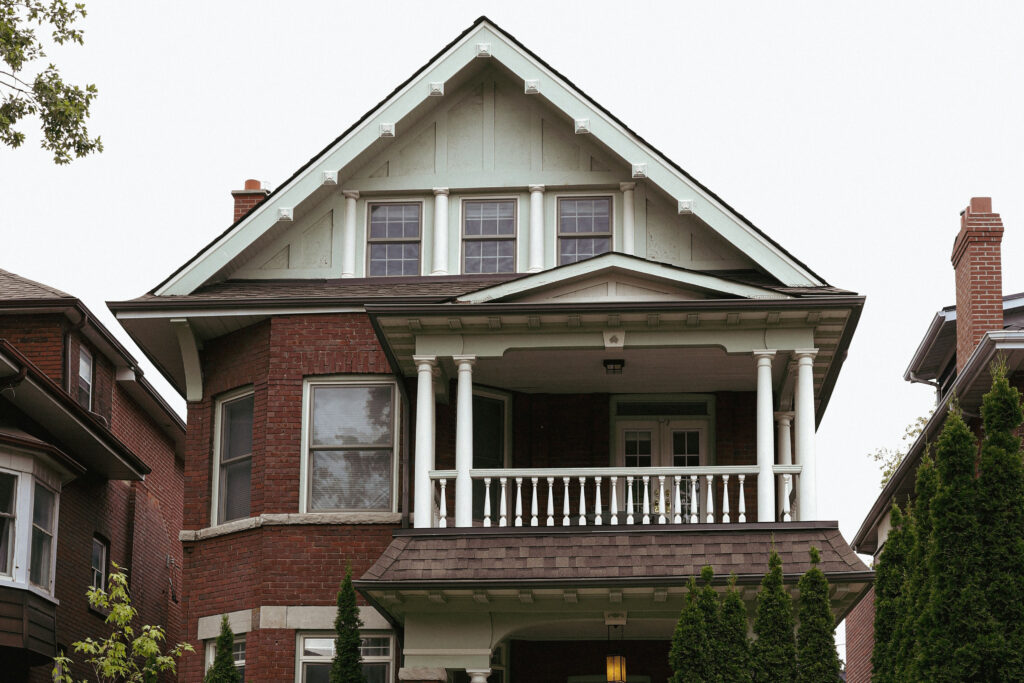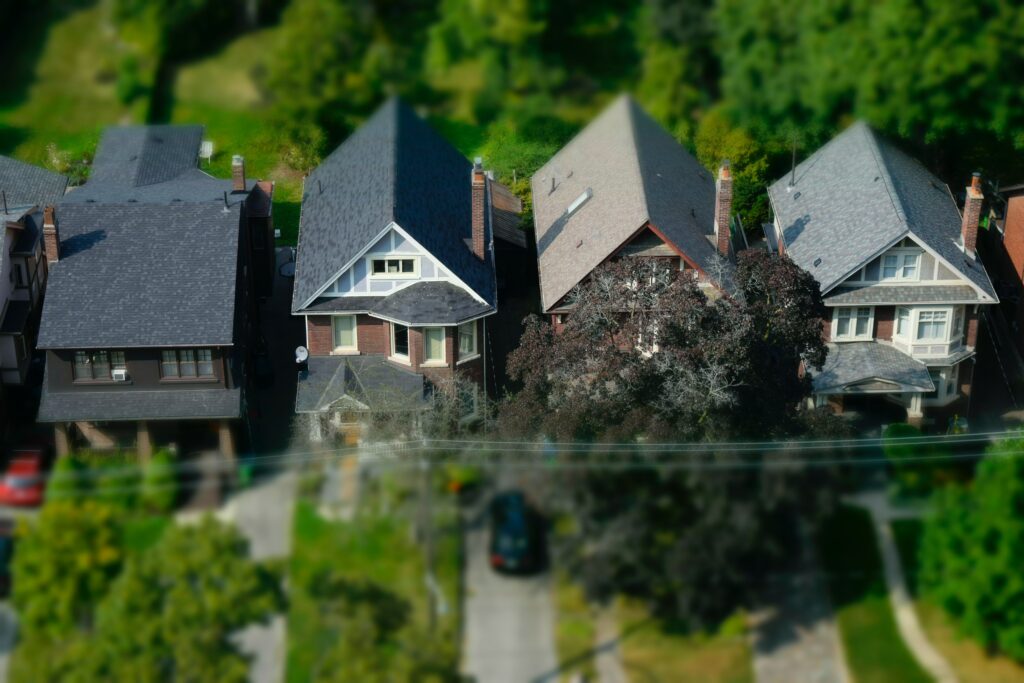
Listen to the audio version below:
Despite being the city with the largest population in Ontario, Toronto has the lowest property tax in the province. Toronto’s total tax rate sits at 0.63 per cent which makes it a hot topic amongst the cities mayoral candidates heading into Monday night’s election.
“Property taxes could certainly be higher, and have continued to go up each year, usually increasing with inflation, though given the rate of inflation they may not go up that much,” said Christopher Gore, professor in the department of politics and public administration at Toronto Metropolitan University. “But another reason that taxes can be lower in Toronto is because the density of living in the city means that it is less expensive to provide services.”
Property tax is a levy based on the assessed value of property. Seeking another re-election, John Tory is vowing to hold on annual residential property taxes increasing for the city citing, affordability for seniors as his main reasoning.

In a mayoral debate on Oct. 13, candidates laid out their plans and promises regarding property tax.
Tory said, “if we want [seniors] to stay in place and remain healthy, we have to keep their taxes reasonable so they can stay in their homes financially — and that is why I’ve pledged to keep increases in property taxes for the operating budget below the rate of inflation.”
The city already has a program that provides assistance to low-income seniors and person’s living with disabilities. This program allows you to defer or cancel annual property tax increases.
There are certain eligibility requirements that candidates must meet. For the deferral program, individuals must have a combined household income of $50,000 or less, be 65 years of age or older. Increased property taxes on the homeowner are set aside until the home is sold.
For individuals who qualify for the cancellation program, annual increases in property tax bills are zeroed out. For the cancellation program, individuals eligible must have a combined household income of $46,305 or less, have a residential assessment of $975,000 or less, and be 65 years of age or older.
Although this hold on residential property tax is enticing for constituents (and voters), Gore says there are benefits to higher taxes.
“As the dominant source of revenue of cities, higher taxes could mean they could use the funds for better services or infrastructure. But the budget process is political, dependent on priorities of the mayor and city council, and a large majority of residents do not want to pay more taxes. Though there is good research globally to show that if people feel they are getting good services, then they are willing to pay more taxes.”
Below are the five candidates who participated in the most recent mayoral debate and their respective stances on Toronto property taxes:
John Tory:
In an interview on CBC Metro Morning, Tory continues to pledge that he will keep property tax increases below, or at the rate of inflation.
Gil Penalosa:
In a CBC article, Penalosa said, Toronto can’t continue to be amongst the GTA communities with the lowest property tax, when it can’t provide basic services. He plans to implement a moderate rise on property tax. Committing to not being the lowest, and not being the highest, in comparison to neighbouring municipalities.
Sarah Climenhaga:
In an interview on CBC Metro Morning, Climenhaga said she would like to give residents the opportunity to decide how the city pays for things. “Maybe residents would be interested in, for instance, a property tax increase,” said Climenhaga. “Or maybe we could completely not need an increase because we can cut a huge amount of spending that residents don’t want to spend.”
Stephen Punwasi:
Punwasi believes in increasing the property tax. In Punwasi’s pitch as to why he is running for mayor he said,“Toronto’s vacant home situation is partially due to the property tax rates.” Which is low due to Federal and provincial subsidies. Although these subsidies are appreciated now, Punwasi says, “it’s also a catnip for speculators, who also get these subsidies. Your tax dollars shouldn’t subsidize inefficient use. We need a vacant property tax of at least 3 per cent to deter the use of land as a bond.”
Chloe Brown:
Brown would like to eliminate property tax as a whole and switch to a stabilized land value tax. This switch entails taxpayers funding roads, railways, and public services, like schools and parks- not landowners. The land value tax applies to the land itself rather than to the building on top. Creating stability for these communities to recoup the cost. In her platform, levying land value tax will be used to correct rental rates.
At this point, it remains unclear as to whether or not these promises will pan out depending on who gets elected. Voting opens Monday, Oct. 24 at 10 a.m.
Reporter, On The Record, Fall 2022.

